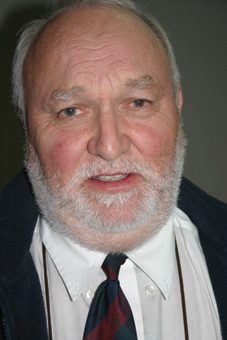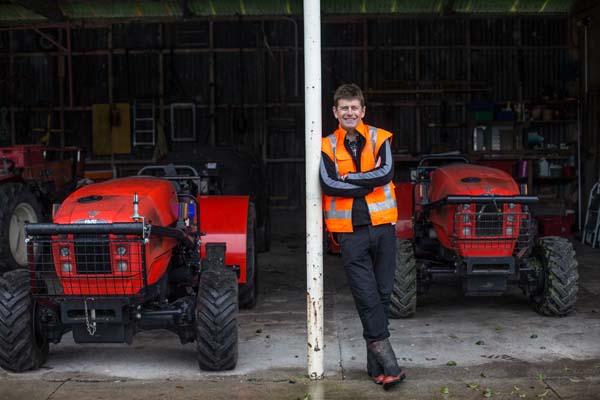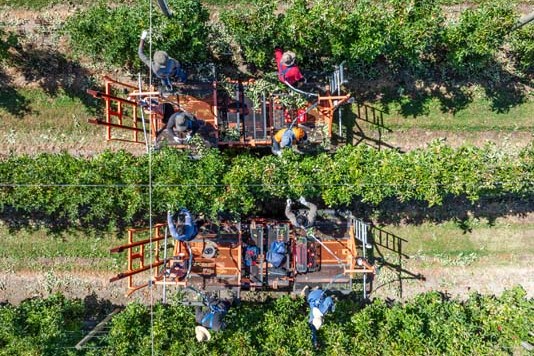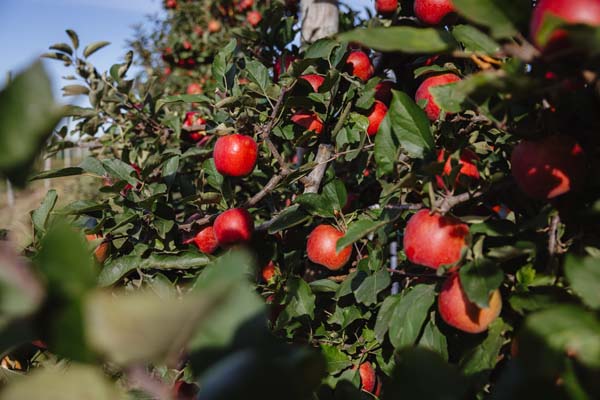Tips for investment and protection
Christchurch-based accountancy and agribusiness director Pita Alexander shares some investment advice for the dairying sector.

Invest in good professional advice
You must get a top accountant and solicitor in your support team – there is no halfway house as regards top advice.

• There is no point in a young couple in New Zealand agriculture finding their banker, solicitor and accountant difficult to deal with – this is not a business approach – these three need to be on board and listened to, even if the couple do not completely agree – the top group in every business sector have found that real progress demands this strong, robust connection.
• However, never forget that if you find your advisors difficult, the real answer may be that you have good advisors.
• Commit your plans to paper – turning them over in your mind is useful but can’t be peer reviewed in that form – all of your key plans must be peer reviewed.
• Listen to the crackerjacks in every business sector, regardless of their personality and/or presentation. Learn from their mistakes – you won’t live long enough to make every mistake so save some key time and pain.
Investments to think about
- Don’t wait for things to come across your bows – almost invariably you need to swim out to reach your potential.
- The purchase of land and buildings early on, if well researched and peer reviewed is usually a good move in agriculture.
- Young livestock are like forestry – that is, they grow into money even when you are dithering.
- There are all sorts of arrangements with young sharemilkers and contract milkers with the purchase of young dairy stock and the then follow-on grazing arrangements. Many dairy farm owners are very supportive of these structures, properly thought through these arrangements are beneficial to both parties and building up a dairy herd through this process makes a lot of sense.
- The purchase by young dairy couples of a house and section somewhere over the last 20 years has generally worked well and makes economic sense. The actual annual return has only normally been in that 2%-3% bracket if you use honest value figures but there has been another 5%-6% from inflation gains in almost all NZ geographic areas.
- Seldom over time do a couple make a capital loss with a run off block purchase. If a couple are good at this, then they should look at doing this again.
- In farming, the revenue side of the business needs constant, repetitive, draining work to keep on top of things – with the balance sheet side, it will go up and down often regardless of what you do but every so often there is some heavy Henry Ford thinking required regarding capital purchase, capital sales and debt.
Invest in you and your relationship
- Don’t expect much income during your five year plus apprenticeship period, this is a time of little money, long hours, humility and discipline. However, your apprenticeship is crucial. It is the exact opposite of ‘buy now’ and ‘pay later’, it is ‘pay now’ in the hope of a ‘pay back’ later.
- One marriage is enough – sometimes more than enough.
- Take your time finalising the right long-term partner – a relationship breakdown for a farming couple is usually worse than for an urban couple.
- If both spouses are not good with money, then agriculture is probably the wrong industry for them.
- If both spouses don’t naturally like work, then agriculture again is the wrong industry for them.
- If you and spouse cannot agree upon your plans, then pause/stop until you can – three-day weekends have a real place regarding this issue.
Banks, inflation and interest
- There is a place for bold actions that you and your spouse have worked through and has been peer reviewed – but 90% success will be as good as you will get – head for excellence, not perfection, in anything business related.
- Your bank always wants security over more than you have, particularly if there is no land and buildings involved. Get used to this and manage it. You will need about 60% equity (that is cash input) on anything you want to do.
- Learning to back away and eat humble pie is an attribute of a long-term top operator – if something does not work in practice, it does not matter if you still feel it works in theory.
- Inflation must be pushing behind you, not pushing back in front of you, the power and importance of compound interest is very close to breathing.
- Don’t let your combined interest and rent payments exceed about 26% of your gross business income unless there is a very sound solid plan as to how and when they are going to get well below this figure – above 26% you will not normally drive out at this level – praying is the next alternative.
Protect yourselves and your investment
- A young dairying couple needs some life assurance cover. This is partly to cover their debt but also because the death of the main breadwinner in sharemilking and contract milking means there is immediately a housing issue, an education issue and sufficient living for the surviving spouse to get their children to 18 years of age and then helping with their tertiary education. How much life insurance? This will depend upon the individual circumstances but a minimum of $1 million each of pure term level term cover for a 25-year-old couple with a standard medical non-smoking cover would cost around $2620 in total (level term to 65 years). I have assisted in seven situations of early deaths like this over 40 years and in all cases, the overall cover was marginally low.
- Income protection insurance on the main breadwinner in a sharemilking/contract milking/ farm ownership situation again depends upon the individual circumstances, but a standard medical non-smoker cover returning, say, $800 per week would cost a 25-year-old around $930 per year. Over the years, I have found that the Cover Plus option under ACC is good but does not cover sickness etc – another issue is that sometimes the income protection is crucial for the first three to five years but after that it could be reviewed in some cases.





